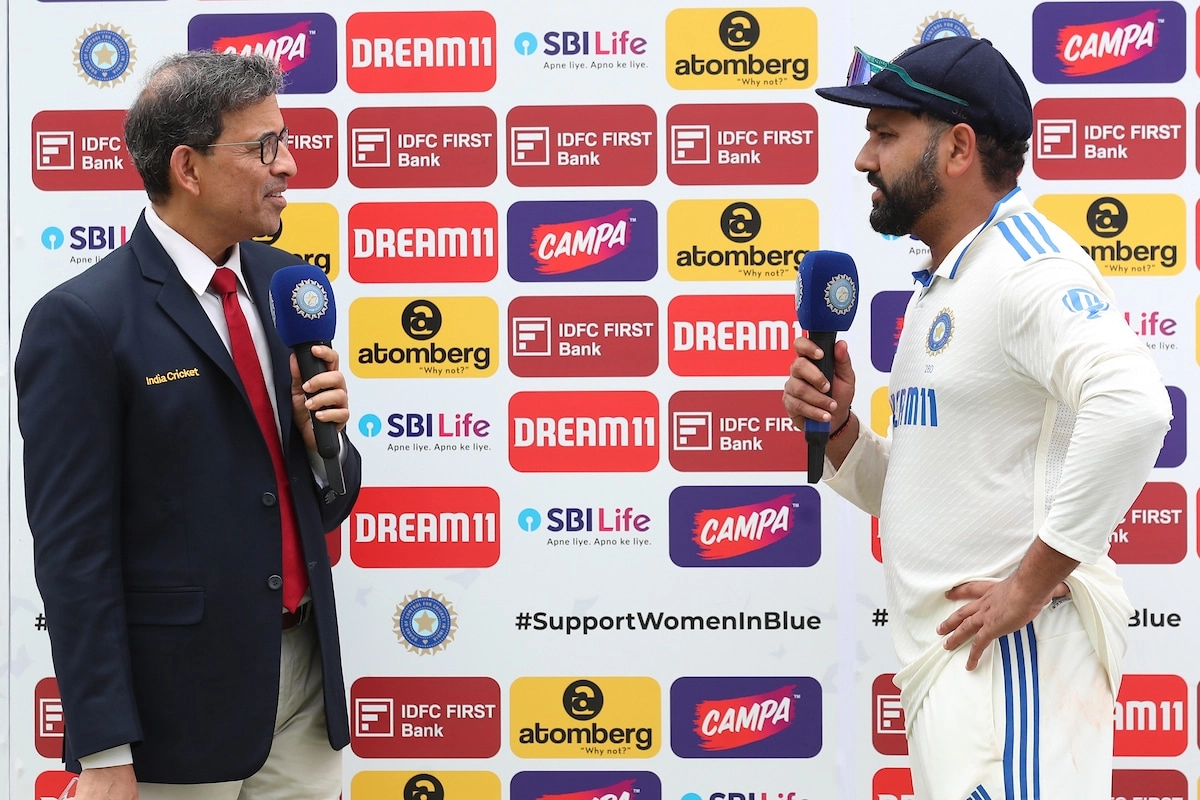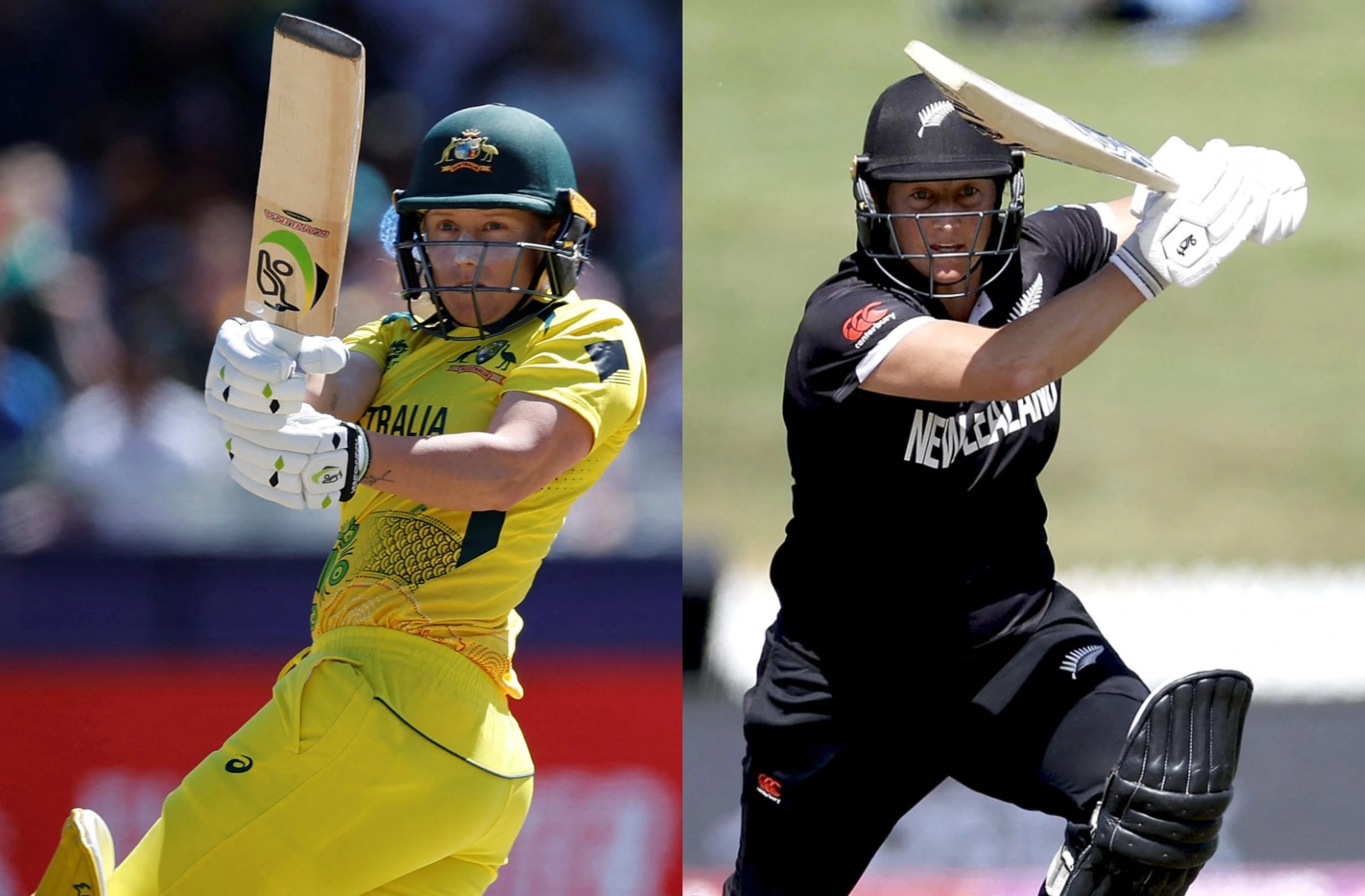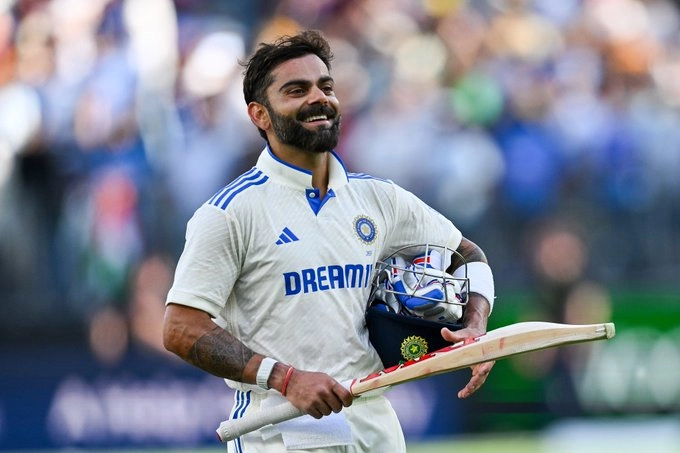Rohit Sharma, the captain of the Indian cricket team, has recently expressed his frustration regarding the criticism directed at him and his teammates by certain commentators. He labeled their remarks as “agenda-driven,” suggesting that their critiques are not based solely on performance but are influenced by ulterior motives. This sentiment highlights a growing concern among athletes about the role of media and commentary in shaping public perception. Sharma’s comments come at a time when the Indian cricket team has faced scrutiny following a series of performances that did not meet the high expectations set by fans and analysts alike.
The Indian cricket team, known for its rich history and strong performances, often finds itself under the microscope, especially during high-stakes tournaments. Rohit pointed out that while constructive criticism can be beneficial for improvement, it is essential for commentators to maintain a sense of fairness and objectivity. He emphasized that athletes are human beings who experience the pressures of competition and, at times, may falter. However, instead of understanding these dynamics, some commentators seem to be pursuing narratives that may not accurately reflect the reality on the ground.
Sharma’s remarks resonate with many players who feel that their efforts are sometimes overshadowed by sensationalist commentary. The pressure to perform at the highest level is immense, and when media narratives lean towards negativity, it can affect a player’s mental well-being and confidence. Rohit called for a more balanced approach in sports commentary, where successes are celebrated alongside constructive discussions about areas for improvement. He believes that a supportive environment, both from fans and commentators, can lead to better performances and a more positive atmosphere in the sport.
Ultimately, Rohit Sharma’s outburst serves as a reminder of the responsibility that comes with being a commentator or analyst in the world of sports. Their words can shape the careers and reputations of players, and it is crucial that they approach their roles with integrity and fairness. As the cricketing landscape continues to evolve, the dialogue between players and commentators needs to foster mutual respect and understanding, allowing athletes to thrive in their pursuit of excellence.




